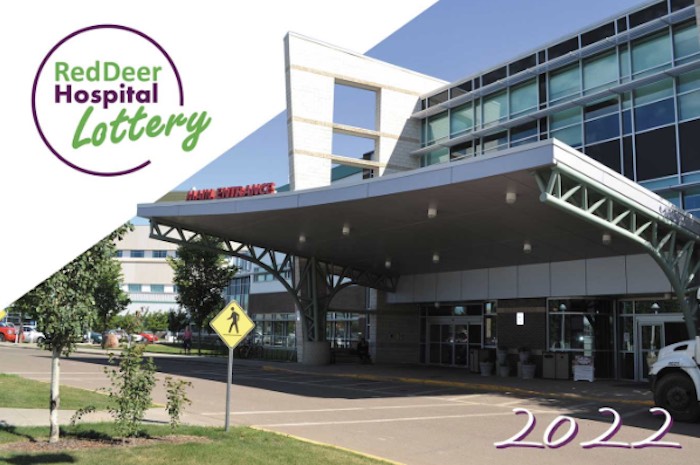Community
Announcing our $25,000 Early Bird Winner!

|
|
|
|
|
Community
Support local healthcare while winning amazing prizes!

|
|
|
|
|
|
Community
The 2025 Red Deer Hospital Lottery is here! Lower ticket prices!!

|
|
|
|
|
|
-

 Energy1 day ago
Energy1 day agoB.C. Residents File Competition Bureau Complaint Against David Suzuki Foundation for Use of False Imagery in Anti-Energy Campaigns
-

 Alberta2 days ago
Alberta2 days agoAlberta uncorks new rules for liquor and cannabis
-

 COVID-191 day ago
COVID-191 day agoCourt compels RCMP and TD Bank to hand over records related to freezing of peaceful protestor’s bank accounts
-

 Crime2 days ago
Crime2 days agoProject Sleeping Giant: Inside the Chinese Mercantile Machine Linking Beijing’s Underground Banks and the Sinaloa Cartel
-

 C2C Journal23 hours ago
C2C Journal23 hours agoCanada Desperately Needs a Baby Bump
-

 International1 day ago
International1 day agoTrump transportation secretary tells governors to remove ‘rainbow crosswalks’
-

 Alberta1 day ago
Alberta1 day agoAlberta Next: Alberta Pension Plan
-

 Agriculture10 hours ago
Agriculture10 hours agoLacombe meat processor scores $1.2 million dollar provincial tax credit to help expansion










